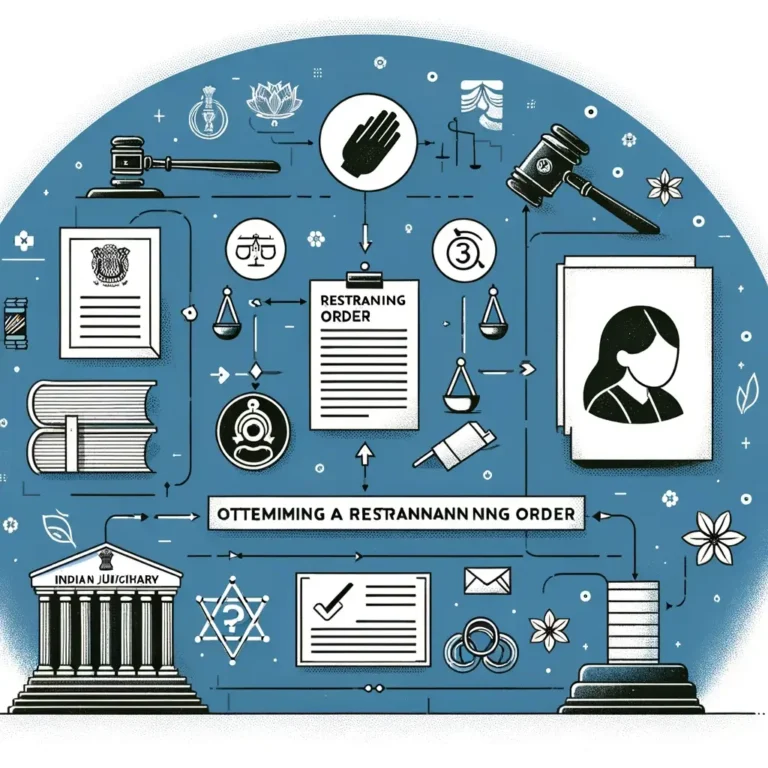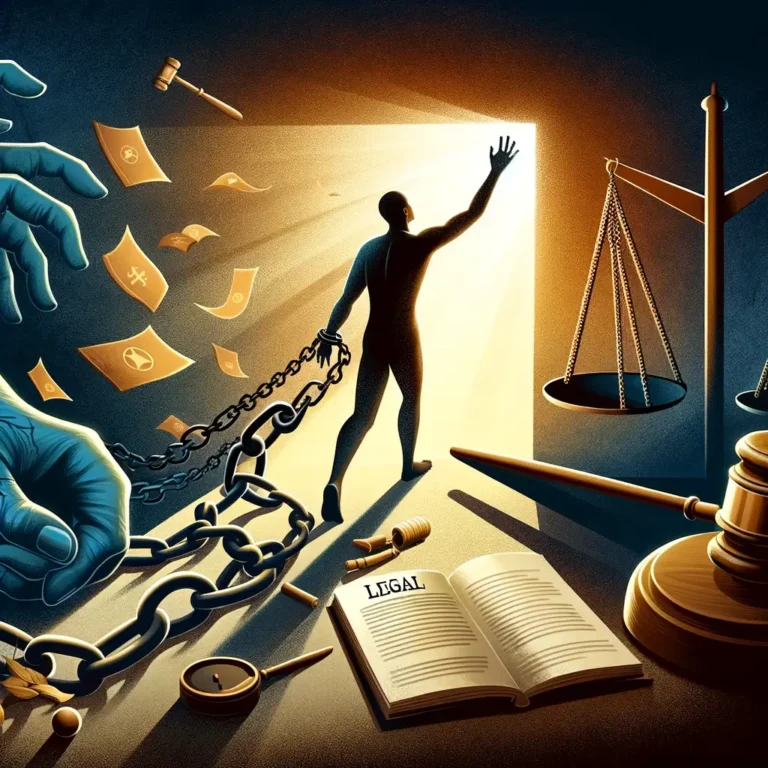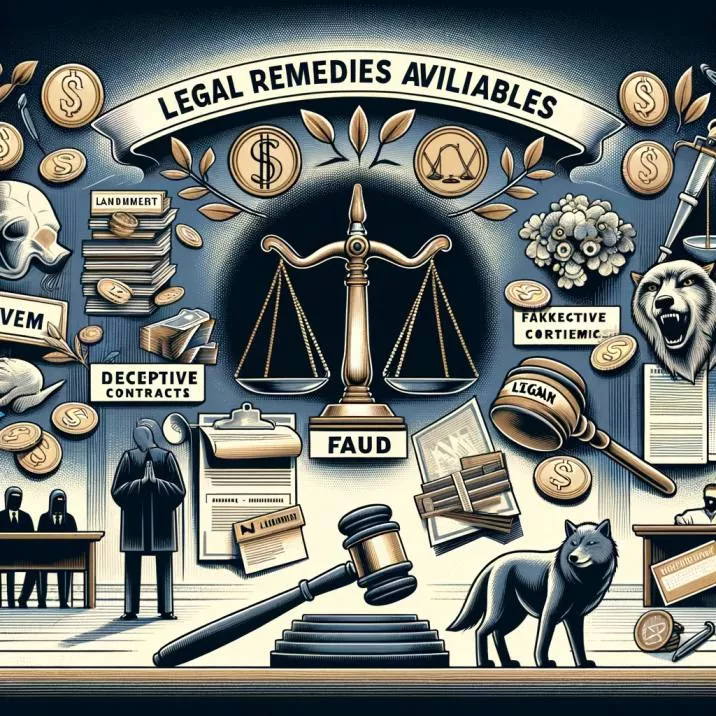This article talks about legal remedies for Gender Discrimination In The Workplace.In the contemporary work environment, gender discrimination remains a pervasive issue, impacting countless professionals across various sectors. Despite significant progress in promoting gender equality, instances of unequal treatment based on gender persist, underscoring the need for awareness and actionable solutions. This article explores the nature of gender discrimination in the workplace and outlines the legal remedies available under Indian law.
Gender Discrimination In The Workplace: Legal Remedies Under Indian Law
What is Gender Discrimination?
At its core, gender discrimination involves treating an individual unfavorably because of their gender. In the workplace, this can manifest in various forms, including unequal pay for equal work, limited opportunities for promotion or training, harassment, and biased recruitment practices. Such discrimination not only affects the individual’s professional growth and job satisfaction but also undermines the broader principles of equality and justice.
The Impact of Gender Discrimination
The repercussions of workplace gender discrimination extend beyond the immediate victims, affecting organizational culture, employee morale, and overall productivity. It perpetuates stereotypes, limits diversity, and stifles the potential for innovation and growth. Furthermore, it contributes to a broader societal issue of gender inequality, reinforcing outdated norms and hindering progress towards a more inclusive society.
Legal Framework in India
India has a robust legal framework designed to combat gender discrimination in the workplace, ensuring protection and promoting equality for all employees regardless of their gender.
The Constitution of India
The Constitution of India, the supreme law of the land, provides the foundational legal protection against gender discrimination. Articles 14, 15, and 16 guarantee the right to equality, prohibit discrimination on grounds of religion, race, caste, sex, or place of birth, and ensure equality of opportunity in matters of public employment, respectively.
The Sexual Harassment of Women at Workplace (Prevention, Prohibition, and Redressal) Act, 2013
This landmark legislation provides a comprehensive mechanism for addressing and preventing sexual harassment at the workplace. It mandates the creation of Internal Complaints Committees (ICC) in organizations, offers a framework for filing complaints, and outlines the process for investigation and redressal.
The Equal Remuneration Act, 1976
This Act prohibits discrimination in remuneration on the basis of gender. It ensures that men and women workers are paid equally for performing the same work or work of a similar nature, thereby addressing the gender pay gap.
The Maternity Benefit Act, 1961 (Amended in 2017)
The Maternity Benefit Act provides protection to women employees during and after pregnancy, offering paid maternity leave, protection from dismissal or unfair treatment due to pregnancy, and other benefits, thereby supporting women in balancing their professional and personal lives.
Seeking Legal Remedy
Reporting and Complaint Mechanisms
Victims of gender discrimination can seek recourse through several channels. Initially, complaints should be directed to the Internal Complaints Committee (ICC) within the organization. If satisfaction is not obtained, or if the workplace lacks an ICC, grievances can be escalated to external bodies such as the local labor department or the National Commission for Women.
Legal Action
In cases where internal redressal mechanisms fail, or discrimination persists, individuals have the option to pursue legal action through the courts. Legal advice from a competent lawyer specializing in labor laws can provide guidance on the best course of action, including filing a lawsuit for discrimination.
Conclusion:
Gender discrimination in the workplace is not only a legal issue but also a moral and societal one. It demands not just adherence to laws but a change in attitudes and organizational cultures. Businesses and institutions must commit to creating inclusive, equitable work environments where every individual, regardless of gender, has the opportunity to thrive. Awareness, education, and proactive measures are key to dismantling the barriers of discrimination, paving the way for a more just and equal society.
This article aims to shed light on the legal remedies available under Indian law for combating gender discrimination in the workplace. However, it’s crucial to remember that legal recourse is just one aspect of addressing this deep-rooted issue. Collective effort and sustained engagement are essential for driving meaningful change.
FAQs on Gender Discrimination in the Workplace and Legal Remedies in India
1. What is gender discrimination in the workplace?
Gender discrimination involves treating an employee unfavorably because of their gender, including unequal pay, opportunities, or harassment based on gender.
2. Is gender discrimination illegal in India?
Yes, gender discrimination is illegal in India. The Constitution and various laws like the Sexual Harassment of Women at Workplace Act, 2013, prohibit such discrimination.
3. What laws protect against workplace gender discrimination in India?
Key laws include the Constitution of India, The Sexual Harassment of Women at Workplace Act, 2013, The Equal Remuneration Act, 1976, and The Maternity Benefit Act, 1961.
4. How can I report gender discrimination at my workplace?
You can report gender discrimination to your organization’s Internal Complaints Committee (ICC) or to external bodies like the local labor department or the National Commission for Women.
5. What is the role of the Internal Complaints Committee (ICC)?
The ICC investigates complaints of sexual harassment and gender discrimination within the workplace, ensuring a fair inquiry and appropriate action.
6. Can men be victims of gender discrimination in the workplace?
Yes, men can also be victims of gender discrimination, although laws and societal focus have historically been more directed towards protecting women.
7. What constitutes sexual harassment under Indian law?
Sexual harassment includes unwelcome sexual advances, requests for sexual favors, and other verbal or physical conduct of a sexual nature that creates a hostile work environment.
8. Are there any laws for equal pay for men and women in India?
Yes, The Equal Remuneration Act, 1976 ensures that men and women are paid equally for the same work or work of a similar nature.
9. What can I do if my employer does not have an ICC?
If your employer lacks an ICC, you can approach external bodies like the local labor department, the National Commission for Women, or seek legal advice for further action.
10. How long do I have to file a complaint of gender discrimination?
The time limit can vary based on the specific circumstances and the nature of the discrimination. It’s advisable to file complaints as soon as possible.
11. Can a complaint be filed anonymously?
While anonymous complaints can be challenging to pursue, some organizations and external bodies may accept them to initiate a preliminary investigation.
12. What are the penalties for gender discrimination in India?
Penalties can range from fines to imprisonment, depending on the severity of the discrimination and the specific laws violated.
13. Can I be fired for complaining about gender discrimination?
Retaliation against employees for complaining about discrimination is illegal under Indian law. Employees are protected from dismissal or adverse treatment for making complaints.
14. What is the process for resolving a gender discrimination complaint?
The process typically involves filing a complaint, investigation by the ICC or relevant authority, and then action based on the findings, which could include mediation, penalties, or other remedies.
15. How is the gender pay gap addressed in India?
The Equal Remuneration Act, 1976, addresses the gender pay gap by mandating equal pay for equal work regardless of gender.
16. What benefits does the Maternity Benefit Act, 1961 provide?
The Act provides pregnant employees with paid leave, protection against dismissal or discrimination, and other benefits related to maternity.
17. Are LGBTQ+ individuals protected from gender discrimination in the workplace?
While Indian law does not specifically address LGBTQ+ discrimination in all contexts, the principle of non-discrimination is increasingly being interpreted to include sexual orientation and gender identity.
18. Can gender discrimination complaints be settled outside of court?
Yes, some cases can be resolved through internal mechanisms, mediation, or settlement agreements without going to court.
19. What should I do if I witness gender discrimination at work?
If you witness gender discrimination, you can report it to your organization’s ICC, support the victim in filing a complaint, or advise them on seeking external help.
20. Are freelancers or contract workers protected from gender discrimination?
While some specific protections may vary, the principle of non-discrimination applies broadly, and such workers can seek recourse through legal advice or external bodies.
21. How does the government enforce laws against gender discrimination?
Enforcement is carried out through various mechanisms, including workplace inspections, legal proceedings, and the actions of bodies like the National Commission for Women.
22. Can I seek compensation for gender discrimination?
Victims of gender discrimination may seek compensation through legal action, depending on the impact of the discrimination and the outcome of their case.
23. What is the role of HR in preventing gender discrimination?
HR departments play a crucial role in preventing discrimination through policy development, training, handling complaints, and fostering an inclusive work culture.
24. How can organizations prevent gender discrimination?
Organizations can prevent discrimination by implementing clear policies, conducting regular training, promoting diversity, and ensuring robust complaint mechanisms.
25. What are the consequences for organizations that violate anti-discrimination laws?
Organizations can face legal penalties, fines, reputational damage, and other consequences for violating anti-discrimination laws.
26. How do I prove gender discrimination in court?
Proving discrimination may involve presenting evidence such as emails, witness testimonies, pay records, and demonstrating a pattern of discriminatory behavior.
27. What role do trade unions play in combating gender discrimination?
Trade unions can advocate for fair treatment, support members in filing complaints, and push for organizational policies that prevent discrimination.
28. Can employers require employees to sign nondisclosure agreements about discrimination cases?
While employers may ask for nondisclosure agreements, such provisions cannot legally prevent an employee from filing a complaint or participating in investigations.
29. Are there any recent changes to laws regarding gender discrimination in India?
Laws and regulations may be updated, so it’s important to consult current legal resources or a legal professional for the most up-to-date information.
30. Where can I find more information on my rights and remedies regarding gender discrimination?
You can find more information from the Ministry of Labour and Employment, the National Commission for Women, legal aid organizations, and through legal counsel.
Sources :-
















